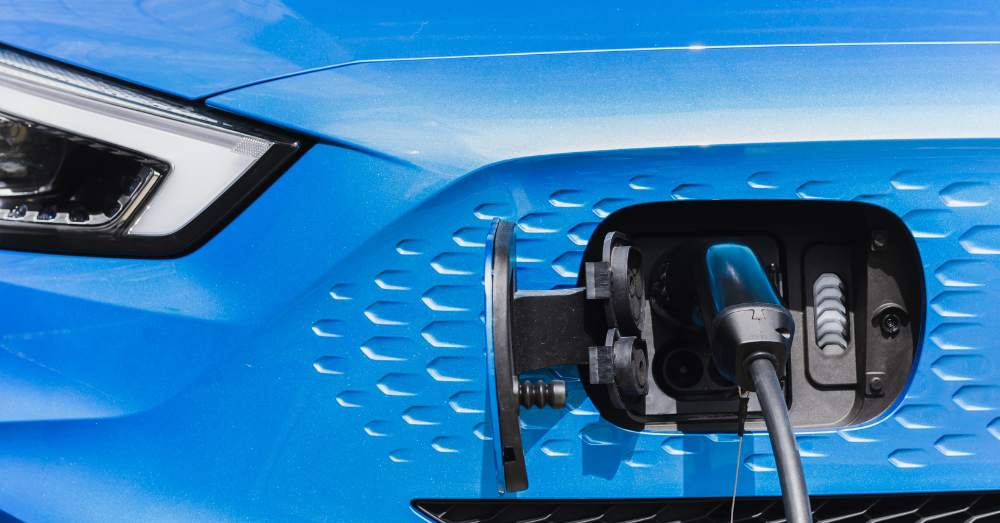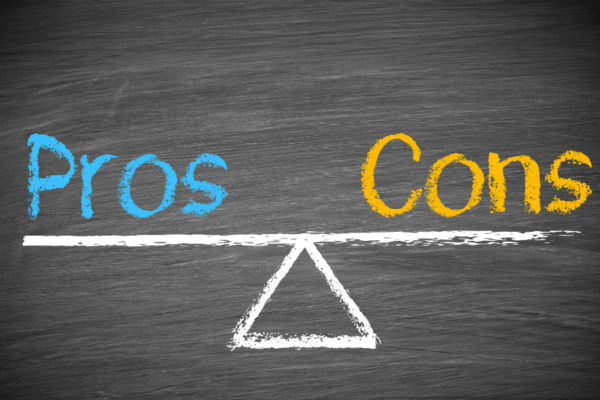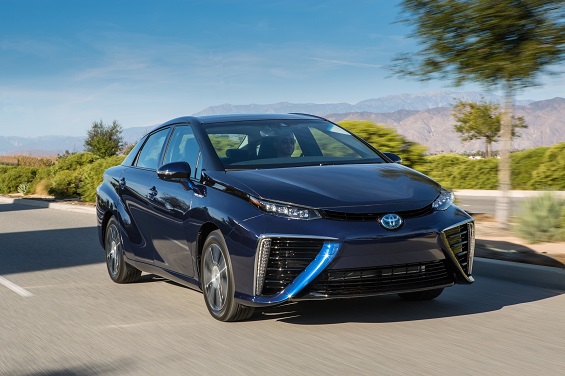
Hyundai to Create Its Own EV Battery: The Automaker Has Quietly Assembled a Battery Task-Force
Hyundai has created a “B Task Force” to develop new batteries for in-house production. Discover the motivation behind this move and what it indicates about trends within the automotive industry.
According to a news report from South Korea, Hyundai plans to develop and manufacture an electric vehicle battery. The automaker reportedly decided in response to Chinese EV manufacturer BYD’s showcasing of its newly developed megawatt charging platform.
Hyundai Created a Dedicated Battery Task-Force
The Chosun Daily, a local South Korean paper, reports that Hyundai has created a new team in its manufacturing division specifically to spearhead battery development. The “B Task Force” has an all-star crew, with the automaker’s top engineering experts playing an active role.
Jung Jun-cheul, Hyundai’s head of manufacturing, and Choi Jae-hoon, the automaker’s head of battery development, reportedly play crucial roles on the new B Task Force.
What About Hyundai’s Current In-House Battery Team?
Hyundai already had a battery team, but its role differs from that of the B Task Force. The current in-house battery team serves as a liaison between the automaker and battery suppliers.
The current battery team will continue to operate as usual until the new battery development task force has completed its work. Hyundai plans to continue sourcing batteries from LG Energy Solution and SK On.
Hyundai Just the Latest of Many to Bring Battery Production In-House
Hyundai certainly isn’t the first automaker to create focused in-house battery development and production teams. To cite one famous example, Tesla manufactures the battery cells used in the Model Y and Cybertruck.
BYD began as a battery company before switching over to the automotive world. It manufactures “Blade” batteries for all its EVs and PHEVs, eliminating the need to outsource battery packs entirely.
Toyota also produces EV batteries. The Japanese automaker opened a $14 billion battery plant in North Carolina this year to make its batteries in-house for EVs, PHEVs, and hybrids.
Why Automakers Are Bringing Battery Production Home
In-house battery production doesn’t just save automakers money. It also allows manufacturers to create batteries specifically optimized for each car’s software and charging architecture, which can be a huge advantage.
Automakers that manufacture their batteries also get more control over logistics and raw materials. They can fast-track research and development, reduce exposure to supply-chain bottlenecks, and eliminate certain overhead costs in the long run.
The problem for automakers who haven’t yet jumped on board with this new trend is that it requires a large upfront investment to get in-house battery production up and running. Traditional battery companies also have the advantage of decades of manufacturing experience over newcomers to the field.
The bottom line is that while it requires a substantial upfront investment to get battery manufacturing off the ground, experts believe Hyundai has made a wise choice. Automakers will need to develop products that can compete with BYD’s new hyper-fast charging battery if they want to continue finding success in international markets.
This post may contain affiliate links. Meaning a commission is given should you decide to make a purchase through these links, at no cost to you. All products shown are researched and tested to give an accurate review for you.



